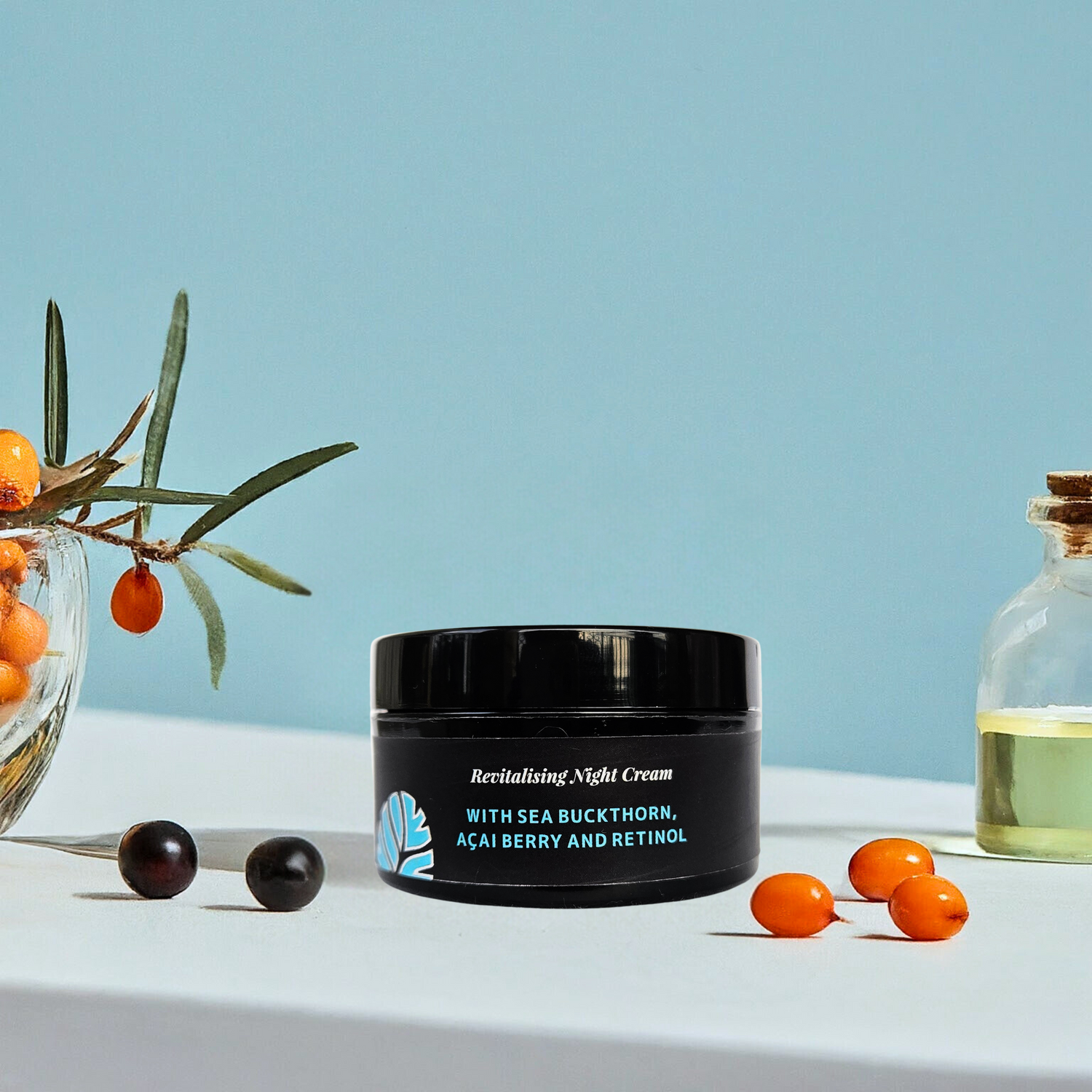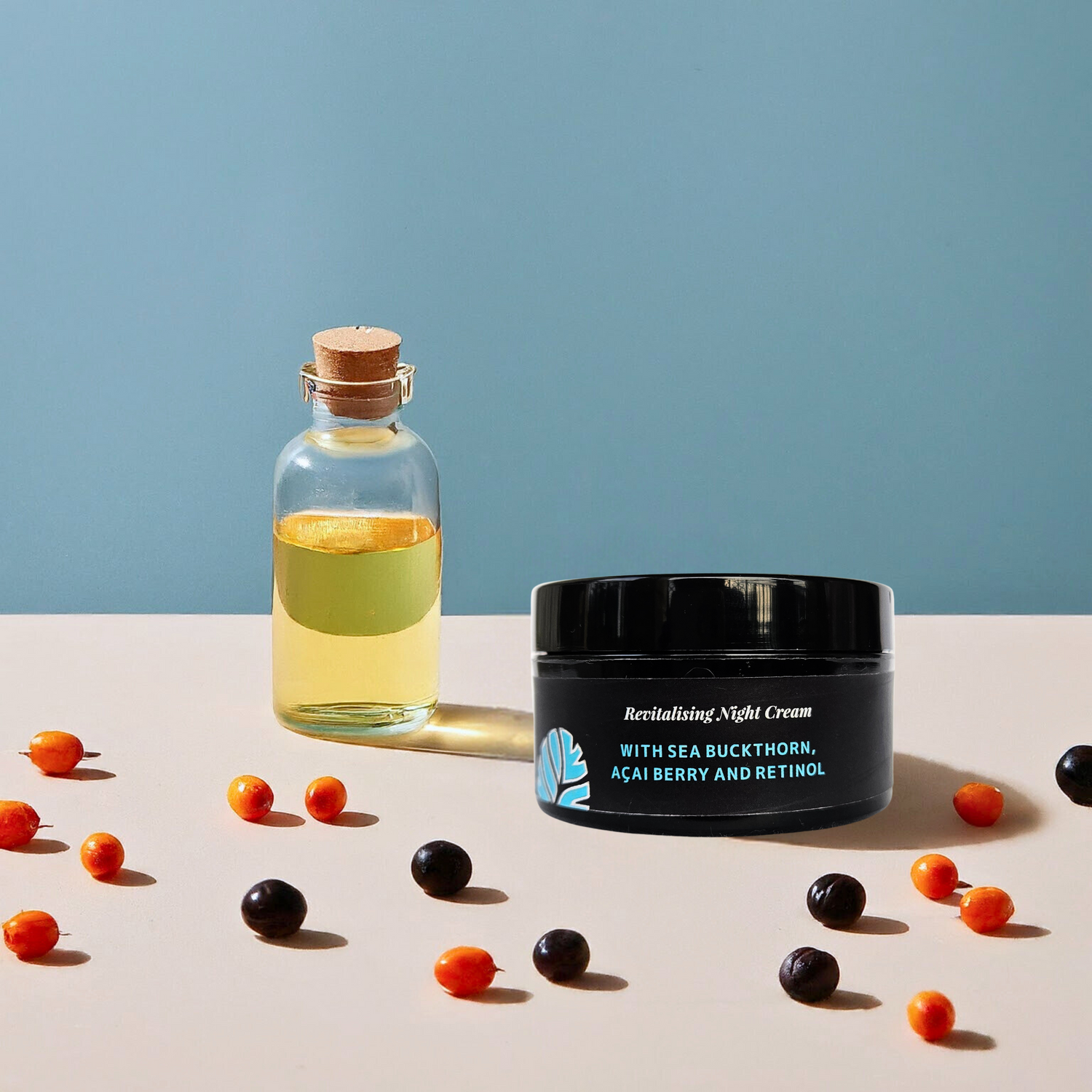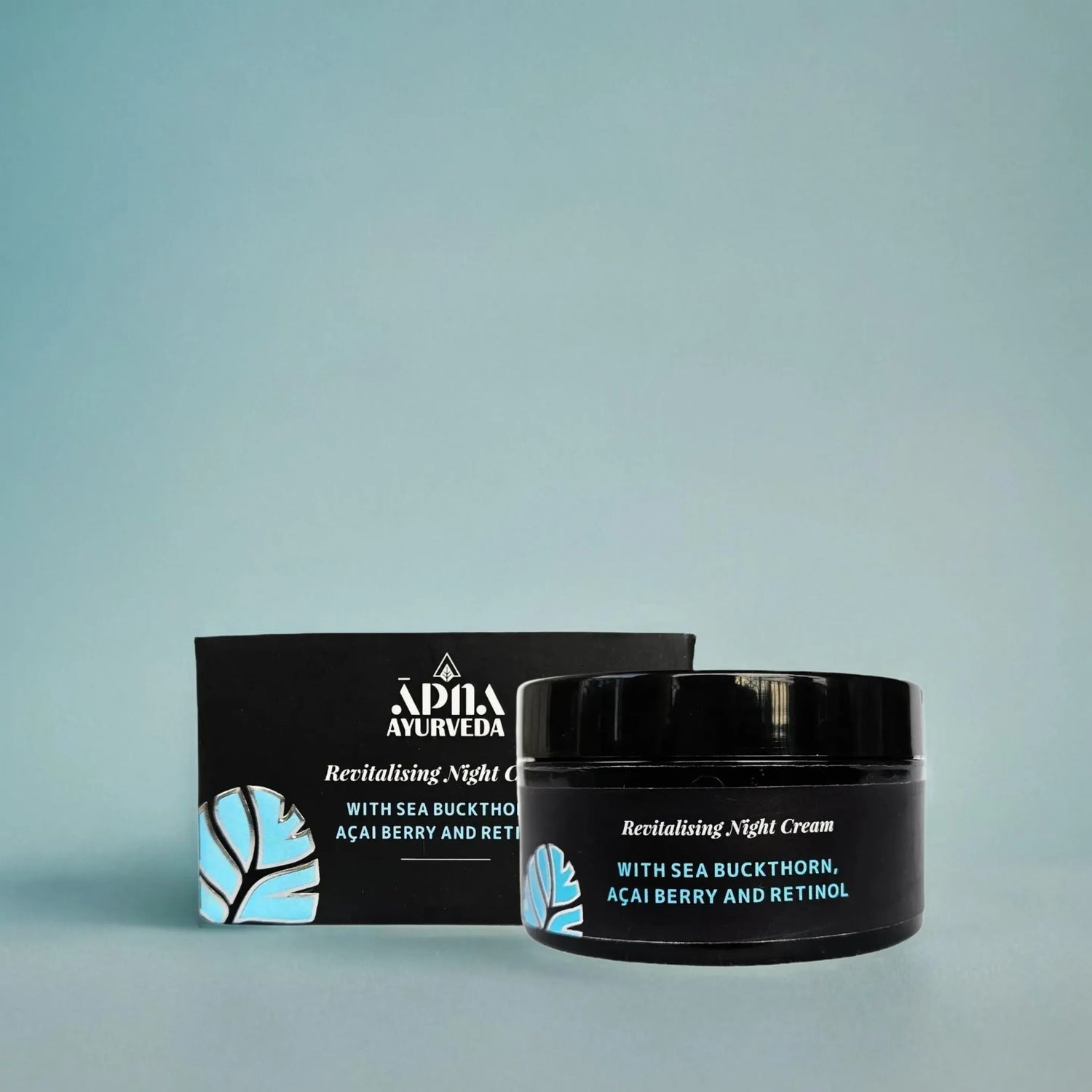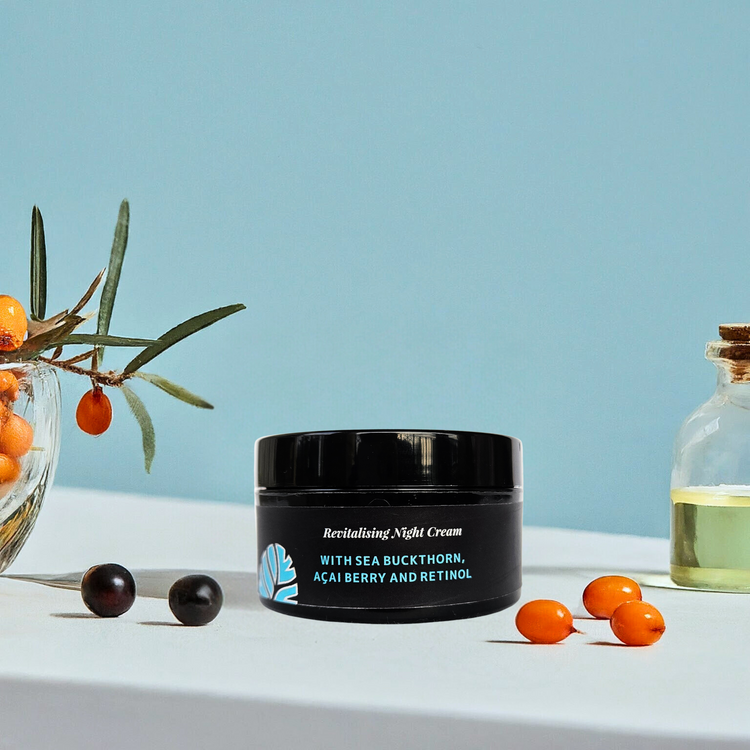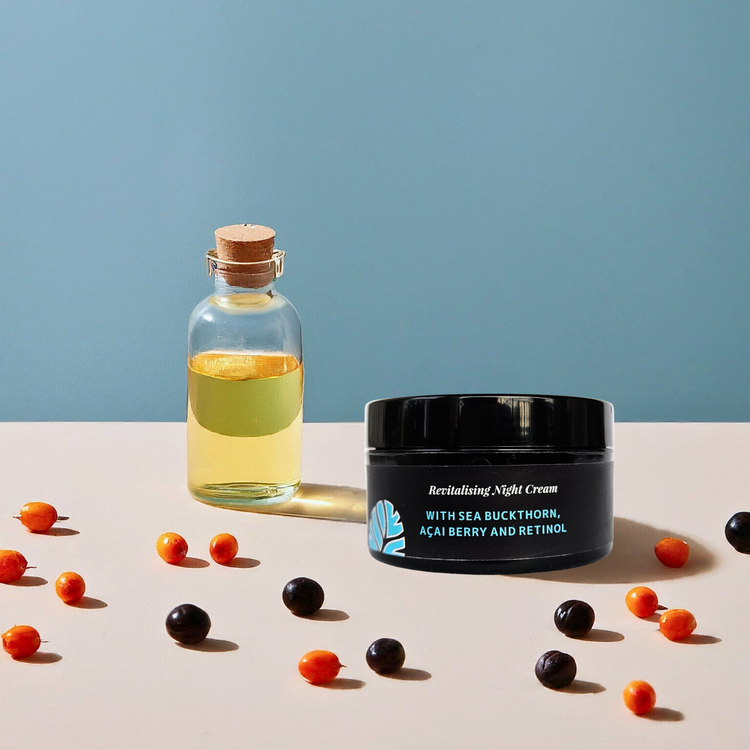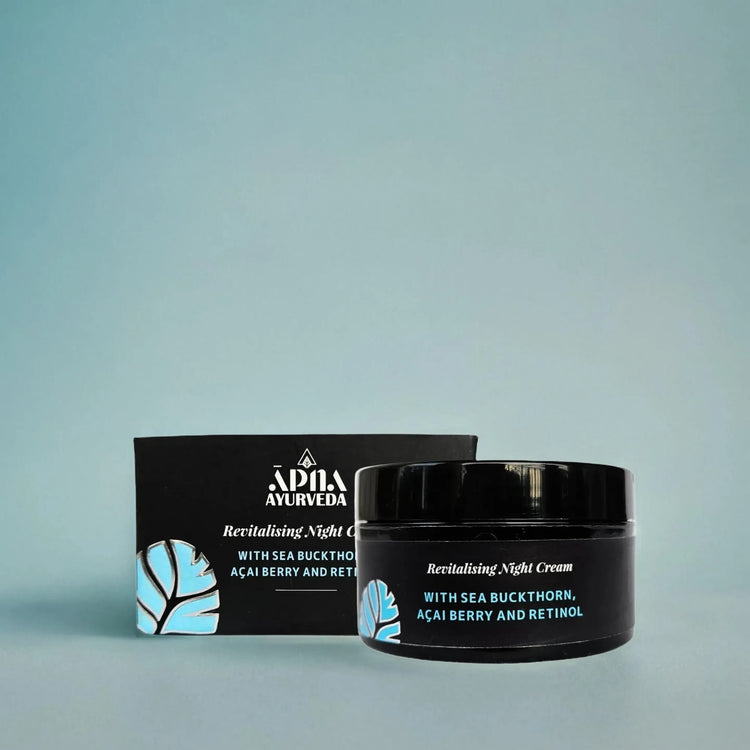With winter comes drier, colder air. Have you ever noticed how your skin responds to the changing seasons? If so, you’ve likely noticed that your skin often seems to get drier and flakier in colder winter months. To tackle the winter chills we have come up with the best winter skin care practices to maintain your skin’s moisture levels, focusing on the importance of a good moisturiser for dry skin in winter. As you cozy up this season, it’s essential to layer on protection, hydrate adequately, and replenish the skin to keep it looking and feeling its best.
What are the signs of dry skin?
Some of the most common signs and symptoms of dry skin include:
- flakiness or scaliness
- redness
- rough texture
- itchiness
- raw, irritated skin
- cracks in your skin
- stinging or burning
The medical term for dry skin is xerosis. Symptoms can range in severity and look different depending on the area of your body that’s affected.
What are the causes of Dry Skin in Winter?
Some people have dry skin year-round, though winter typically triggers the worst of it. And even those spared dry skin most months of the year are likely to deal with it at some point during the winter. This creates a perfect storm for less moisture in the skin during winter, making it prone to dryness and irritation. The reason for this is as simple as it sounds.
- Cold air holds less moisture.
- When the environment around you is drier, your skin gets drier, too. And outdoor elements aren't the only factor — the heaters we turn on when the temperature drops can dry out the indoor air too.
The result is dry skin that can range from scratchy and annoying to itchy and uncomfortable.
How to prevent dry winter skin?
Dry winter skin isn’t inevitable. By making some changes to your skin care regimen and habits, and using the right products, you may be able to keep your skin looking soft, smooth, and vibrant all winter long.
Let’s take a closer look at 4 tips that may help you boost the health of your skin during the colder months of the year.
1. Moisturise right after washing
Any time you wash your face, hands, or body, you strip your skin of its natural oils. Since these oils help to lock in moisture, it’s vital to replace them. Selecting the right moisturiser for dry skin in winter is crucial. Opt for a product that not only hydrates but also provides a layer of protection that prevents harmful toxins from affecting the skin.
- Use our Āpna Ayurveda Hydrating daily cleanser for washing your face, it not only cleanses your face but also locks in moisture, keeping your skin smooth and hydrated.
- After cleansing your face apply our Āpna Ayurveda Rejuvenating cream to hydrate and moisturise your skin in this coming winter season.
As a helpful reminder, try stocking a bottle of moisturiser next to your sink and keep a travel-size moisturiser with you when you’re on the go.
2. Apply sunscreen daily
Given the shorter winter days and less sunlight, it can be tempting to cut sunscreen out of your morning routine — but think again. Even in winter, harmful UV light can still stress your skin’s moisture barrier, which is vital for maintaining skin health and hydration.
Try adding a layer of sunscreen each morning after you’ve applied a moisturiser.
It is recommended by us to use sunscreen with at least SPF 30.
3. Use overnight treatments
Overnight treatments are an excellent way to revitalise or prevent dry skin.
- Emollients are great for moisturising.
- However, because they’re a heavier type of cream, it can take longer for them to be absorbed into your skin.
- By applying an emollient to your skin overnight, your skin will have the time it needs to absorb the treatment and for the emollient to replenish your skin with the moisture and oils it needs.
Use our Āpna Ayurveda Revitalising Night Cream which contains Retinol and Sea Buckthorn oil that is rich in essential fatty acids, it deeply hydrates and repairs the skin barrier. If you’re applying an ointment to your hands or feet, consider wrapping them in a plastic bag or gloves to prevent spreading the emollient on your sheets or bed covers.
4. Hydration from Within
Your skin health is directly connected with your gut health, so it’s important to maintain a diet that supports good skin health. The best way to rehydrate your skin is from the inside out. Drinking plenty of water throughout the day boosts skin hydration significantly. Examples of such foods are:
- Fatty fish - Omega-3 fatty acids, zinc, vitamin E and high-quality protein keep your skin moisturised and help reduce inflammation.
- Avocadoes- A good source of vitamins E and C and beneficial fats – all of which promote healthy skin.
- Almonds- Rich in protein, selenium, vitamin E, essential fats, and zinc.
- Sunflower seeds- High in nutrients such as vitamin E, which has protective antioxidant effects on the skin.
- Sweet potatoes- contain a lot of beta-carotene, a natural sunblock.
- Bell peppers- An excellent source of vitamin C and beta carotene – both of which have protective antioxidant effects on the skin.
Certain areas of your body, like hands, feet, and lips, may suffer more during the winter. These areas require special attention as damaged skin needs moisture replenishment regularly.By maintaining adequate internal hydration, you can enhance your skin’s natural moisture balance, making it more resilient against winter dryness.
Complications That May Occur Due To Dry Skin
Dry or cracking skin is usually harmless, however, in some cases, failure to attend to it may lead to eczema (atopic dermatitis) or infections. If you are prone to eczema, dehydrated skin may trigger the condition, causing inflammation, cracking, and redness. Moreover, bacteria could enter cracks in the skin and lead to infections. Our Āpna Ayurveda Aloe Vera Gel with Vitamin E is specially formulated to hydrate and protect your skin, we recommend using it to help balance your eczema troubles and preventing further irritation.
Home remedies and lifestyle changes are usually effective in preventing and treating dry skin; however, if you observe the following, see your health care provider:
- Excessive redness
- Skin is unresponsive to home remedies and lifestyle changes
- Large areas of peeling or scaling skin
- Scratching skin causes infections or sores
- Itchy skin interferes with your sleep
Frequently Asked Questions:
Q1) How to manage dry skin in winter?
A) Moisturise daily to manage dry skin in winter.
Q2) Is vitamin C good for dry skin in winter?
A) Vitamin C is especially beneficial for common conditions such as dull, dehydrated, and rough skin, synonymous with the winter months.
Q3) Is coconut oil good for dry skin?
A) Coconut oil clogs your pores, so it is not recommended to apply on the face.
The key to keeping your skin healthy is to moisturise your skin frequently with the right products. It’s also important to go easy on exfoliating scrubs, hot water, and other skin care treatments. Keep in mind that following any one of the tips will help keep your skin hydrated but adopting all of them into a healthy skin lifestyle and routine will be much more successful in preventing your skin from becoming excessively dry in the cold season.
Follow These Tips to Keep Your Skin Hydrated and Radiant During the Winter!


